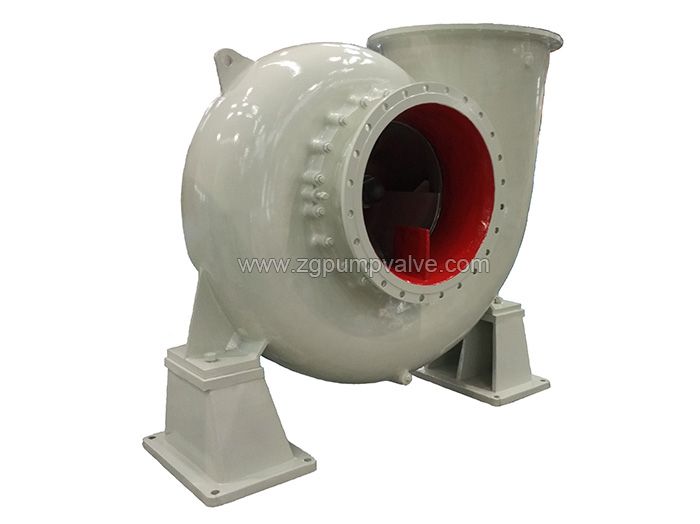Learn - Jun. 30, 2020
Firstly, preparation before maintenance of slurry pump:
1. Grasp the operation of the pump and prepare the necessary drawings and materials.
2. Prepare maintenance tools, measuring tools, lifting tools, accessories, and materials.
3. Cut off the power supply and the connection between the equipment and the system, discharge the medium in the pump, and meet the conditions for safe maintenance.

Second, maintenance content of slurry pump:
1. Check the coupling and alignment, and whether any bolts are loose.
2. Clean the oil chamber and bearings, and check the clearance between the outer rings of the bearing rollers, and replace qualified lubricants.
3. Check the wear and tear of the overcurrent parts of the slurry pump to see if it needs to be replaced.
4. Check the wear, cavitation and erosion of various parts, and repair or replace if necessary.
5. Check the bearings and replace them if necessary.
6. Check the bending of the shaft, measure, and adjust the axial movement of the rotor.
7. Change the mechanical seal regularly.
8. Adjust the outlet pressure gauge.
9. Check the import and export filters and replace if necessary.
10. Check the foundation and anchor bolts of the pump body, and adjust the horn and the level of the pump body if necessary.
Third, maintenance requirements of slurry pump:
1. Start, run and stop in strict accordance with the operation specification procedures, and make good operation records.
2. Regularly check the lubrication situation of each lubrication part.
3. Regularly check the bearing temperature to prevent the slurry pump bearing temperature from being too high. The rolling bearing must not exceed 75°C and the sliding bearing must not exceed 65°C.
4. Always keep the pump and surrounding environment clean and tidy, and eliminate running, running, dripping, and leakage in time.
5. The operator should conduct regular inspections and deal with the problems found in a timely manner.
6. When the ambient temperature of the pump is low, drain the remaining slurry to prevent freeze cracking of the casing and parts when the pump is stopped.
7. Regularly check whether the pump pressure and motor current are normal and stable.
8. Frequently check the equipment for abnormal sounds or vibrations, and deal with problems promptly.
The above information is provided by a horizontal chemical pump factory.